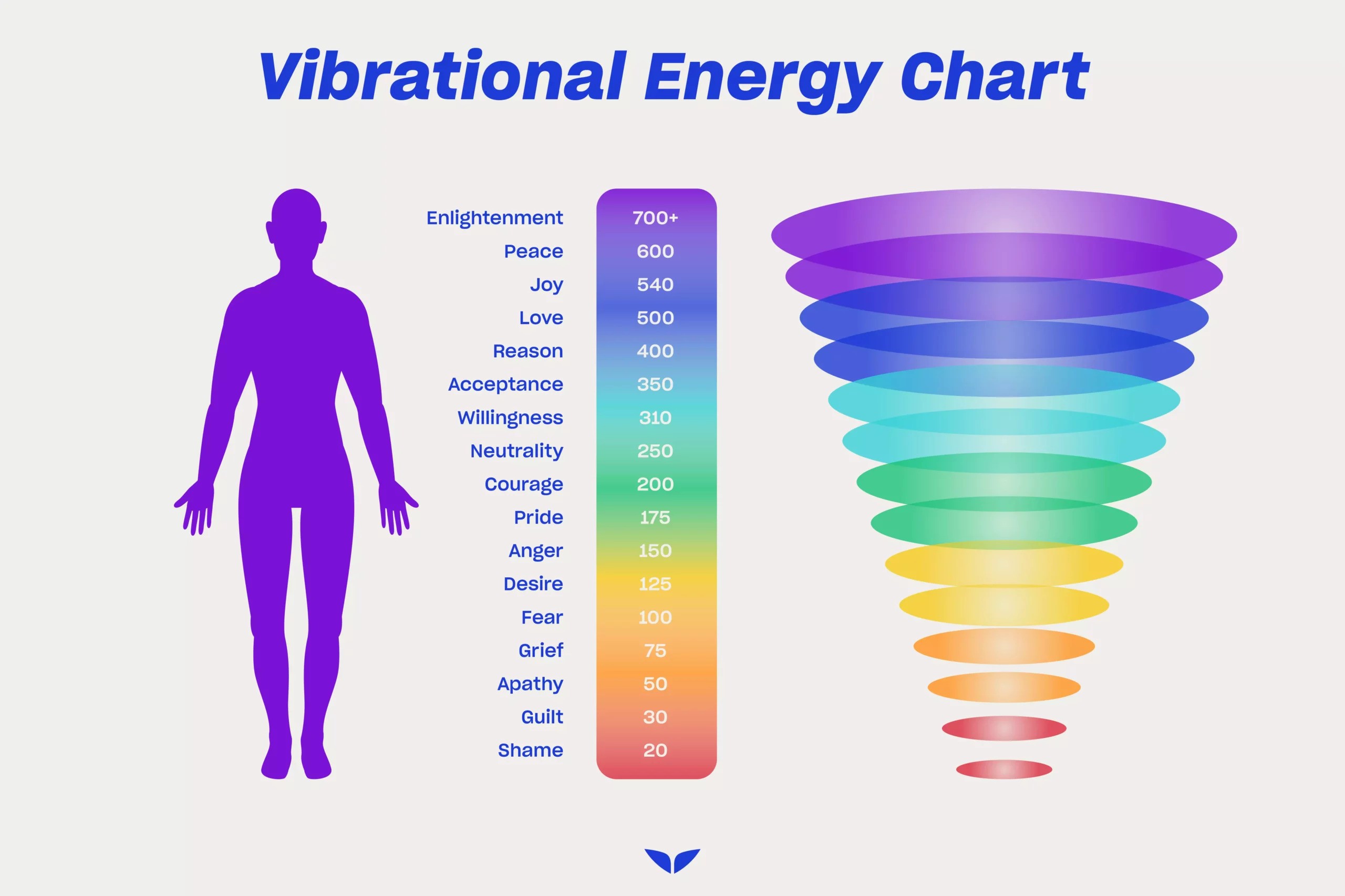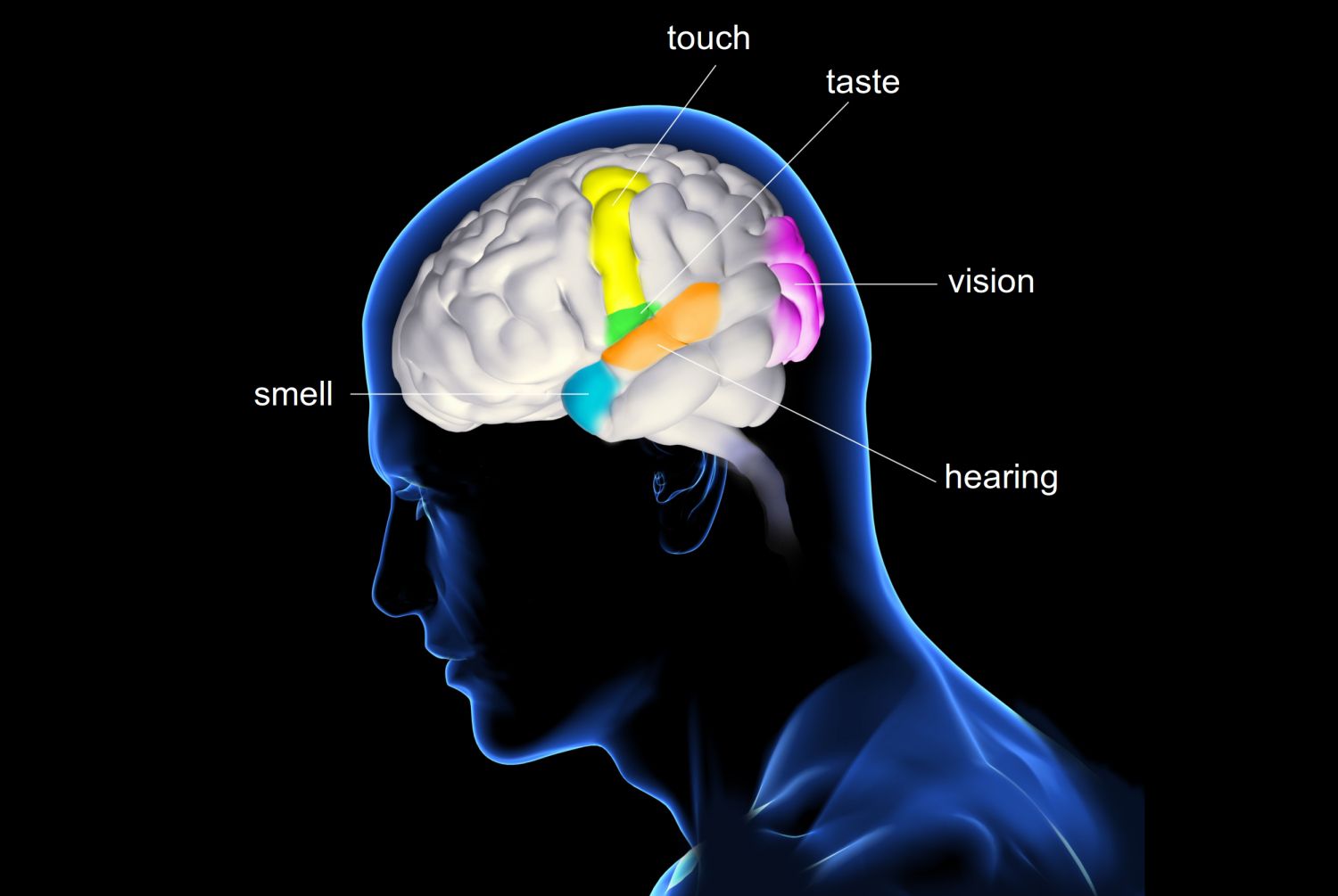Benefits of meditation for anxiety sleep
Before we get started you have to understand that anxiety is a mental illness that affects more than 18% of the total population in the United States, making it the most common mental illness in the country. More and more people start experiencing this mental illness due to the daily activities that have become more stressful than they used to be.
What is anxiety and how it manifests?
Anxiety is a common feeling linked with worrying thoughts and associated physical changes like shortness of breath or increased heart rate. There are two types the anxiety. While anxiety is natural, anxiety disorders are more extreme. Anxiety disorders involve intense fears with more severe physical responses that can interfere with a person’s daily life.
If you feel anxious for more than 6 months, probably you have an anxiety disorder that is harder to live with and also to cure. There are a lot of treatments available for anxiety and we will talk about the benefits of meditation for anxiety sleep but not only.
Meditation for anxiety sleep

Meditation teaches us to be less in our heads and more aware of the present moment. The mind’s tendency to get caught up in thoughts is perhaps strongest at bedtime when we suddenly stop and be still. Meditation for anxiety sleep is a specific, guided experience that offers a natural sleep aid all on its own, allowing us to let go of the day, everything that’s happened, and everything that’s been said. So that we can rest the mind while simultaneously resting the body.
When you start practicing meditation daily, you will start noticing changes in your body but especially in your mind. You will become more calm, relaxed and you will be happier about the present moment.
For example, in a 2015 study published in JAMA Internal MedicineTrusted Source, researchers analyzed how mindfulness meditation affected 49 adults with moderate sleep issues. The participants were randomly assigned 6 weeks of meditation or sleep hygiene education. At the end of the study, the meditation group experienced fewer insomnia symptoms and less daytime fatigue.
According to the researchers, meditation likely helps in several ways. Sleep problems often stem from stress and worry, but meditation improves your relaxation response. It also improves control of the autonomic nervous system, which reduces how easily you’re awakened.
The risk of acquiring heart disease, diabetes, and unhealthy eating habits that may lead to other chronic diseases increases by sleeping less than seven hours a night. Deprivation of sleep can induce short-term and long-term memory problems, decision making, attention, and time for response). Sleep-deprived individuals tend to make more mistakes at work and drive on the road more carelessly. Increased and better sleep can reduce stress and increase mental clearness and memory, on the other hand. Improved sleep also improves our immune systems and promotes improved eating habits and the management of weight. The risk of Alzheimer's was also reduced by improved sleep.
What to expect when meditating to fall asleep
Sleep meditation should be treated as we approach daily meditation: smoothly, with relaxed attention. If we let the body rest and allow the mind to drift away, we do so nicely and kindly, we do not attempt to force sleep. Allow yourself to be guided as far as possible, do not think about the technique or directions too much.
You have to sit flat on your back, take a few deep breathes before you begin your sleep meditation, and close your eyes so that the body starts powering down. Follow the directions if you use a guided meditation. If unguided meditation is practiced, progress at your own pace. The more you practice this type of meditation, the more likely you are to build a quiet and restful mind that can sleep at ease.
Guided sleep meditations usually use a variety of techniques:
Breathing exercises. It requires managing your breath — for example, counting breaths — and slowing down your breath a bit, which shows your body it's time to sleep.
Careful scanning of the body. You could want to see the breath and the locations that your body touches your bed while you are lying on your bed. Then, beginning with your toes, you can "remove" any effort, part by part, from each portion of your body.
Visualizations. A visualization requires you to conceive a picture or scene and then transports you into a hypertensive mental state.
Thankfulness. Some sleep-oriented meditation programs focus on appreciation and friendly meditation that asks you to focus on gratitude. Gratitude.
Counting. You may also be urged to reckon slowly, starting from 10 (or even 1,000), then starting again from 10, to calm down the mind and relieve yourself from circular thinking habits.
Silence. You may be asked by a storyteller or a guide to rest silently for a few minutes as a means of focusing on this long hectic day.
Conclusion
There are a lot of benefits you will encounter when you start practicing meditation daily, you will be more calm, relaxed and it will improve your well-being for the entire day. Being relaxed during the day will help you deal with your sleeping issues and you will start to fall asleep like a baby. Meditation for anxiety sleep is practiced for people around the world and more and more people start noticing the importance of adding this habit to your daily routine.



